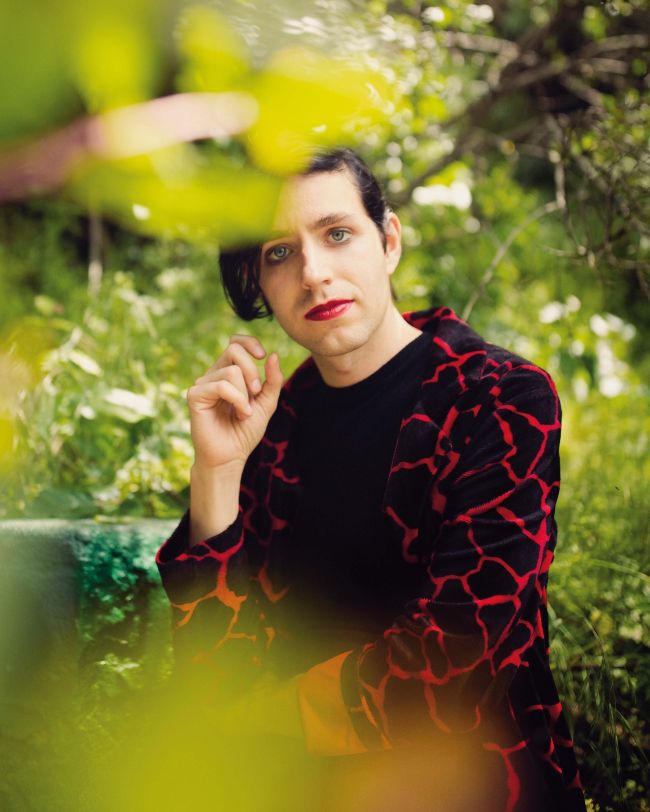Some irreversible catastrophes have happened. I know we’re supposed to be positive, but I also need to make space to feel negative. If you don’t know there’s an emergency, you can’t react to it
For his latest album, Twelve Nudes, Ezra Furman revisited his punk-rock roots. In doing so, he channelled all his energy into a collection of songs that confront the issues of living in a broken society. He found the experience both liberating and cathartic. Huw Baines listens to his rallying cry

Furman acknowledges punk rocker Jay Reatard and Canadian poet Anne Carson as the album’s spiritual heroes
Way back in the mid-90s, Joe Strummer sent a fax containing his thoughts on Bruce Springsteen to a filmmaker who was assembling a documentary about New Jersey’s favourite son. The legendary Clash frontman’s excitement popped in all caps as he described the liberating power of the Boss’s music for those who woke each day under slate grey British skies. “Just when you need some spirit and some proof that the big wide world exists, the DJ puts on Racing In The Street and life seems worth living again,” he wrote. “Life seems to be in Cinemascope again.”
In the early months of 2018, Ezra Furman released a record that sent him hurtling along a highway through the sort of widescreen rock ’n’ roll wilderness that captivated Strummer.
It’s a rare feat for an artist to ensnare that sense of abandon so completely, but Transangelic Exodus was just that: a rare feat. After turning the key in a red Camaro, Furman drove all night, lipstick smeared and thrift-store dress dancing in the wind, rattling through songs that coalesced into a sparkling concept album turned road novel turned queer outlaw romance.
Its many highlights banded together to investigate ideas of escape and defiance, mainlining the modern American dystopia through lurid imagery and immaculate melodies. With a proto-fascist government snapping at their heels, intent on spreading a racist gospel, destroying LGBTQ communities, and further marginalising people already existing on the fringes, Furman and his (trans) angelic companion stumbled on a sort of euphoria after ingesting a cocktail of fleeting freedom and all-consuming fear. “With Transangelic Exodus, we used fiction to get at something true about what it feels like to live in the West at this moment,” Furman says.